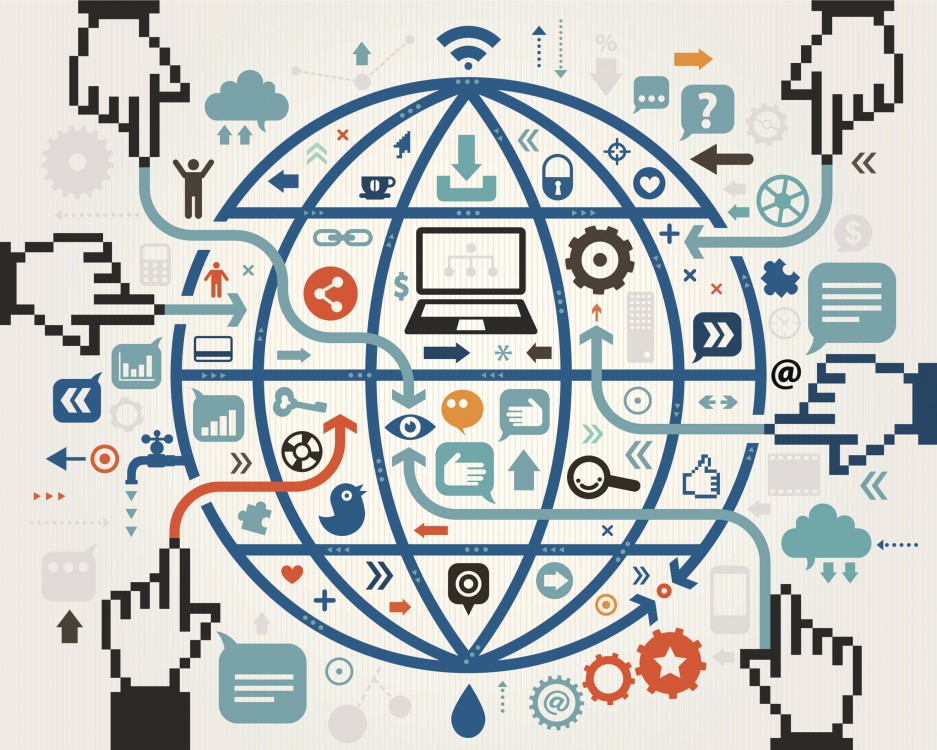
Does the United States act in accordance with the same principles that we advocate to others? The answer needs to be yes.
When it comes to the debate on network neutrality, the world watches what we do at home. That’s one reason that the President’s commitment to network neutrality is so important: In the struggle to protect a global, open, and free internet, we must also protect it at home.
The President’s recent call to enshrine network neutrality principles in domestic regulation echoes our diplomatic efforts to prevent any centralized power—corporate or governmental—from picking winners and losers on the internet, as well as our efforts to promote freedom of expression and the free flow of information online.
The President’s leadership on this issue comes at a critical time: Every day we see examples of governments around the world taking unfortunate steps to inhibit internet access, restrict freedom of expression, and impose barriers to the free flow of information.
The Russian government, just last month, pressured social media companies to block access to pages used to organize peaceful political protests. In China, authorities have blocked Gmail and Google search. In addition to ongoing and systematic efforts to control content and punish Chinese citizens who run afoul of political sensitivities, such measures are an effort to further diminish the Chinese people’s access to information, while effectively favoring Chinese Internet companies by blocking other providers from accessing its market.
In Turkey, the government blocked access to Twitter for several weeks last year after the company refused to take down tweets that the government found politically objectionable. And in Hungary, there was an effort last autumn to impose a tax on data flows—a form of mandating paid access to users—which was ultimately abandoned after pressure from the public and the EU.
The U.S. government is working hard to preserve and protect the open internet, ensuring that it remains an engine for innovation, economic growth, and free expression. But we can’t take the open internet for granted in America. We need to ensure that internet service providers cannot abuse their control over internet infrastructure to block or throttle traffic, or improperly extract additional payments for access based on content, nationality, or the targeted end users.
Some opponents of network neutrality have argued that any possible classification of broadband access as a telecommunications service will undermine our ability to push back against efforts to assert more government control of the internet at the international level, including at the United Nations and the International Telecommunication Union. This argument is fundamentally flawed. The United States is committed to promoting greater access to the internet around the world, and we have and will continue to work with international organizations to further this goal.
But that does not mean that we support a role for those international organizations—or any other regulator—to limit people’s right to use that internet access to freely express themselves, to communicate with others, or deliver innovative services from the edge of the networks in ways that will drive the global digital economy. There is a distinction between internet access and the content and services delivered over the internet, which is what people generally think of as the internet. We remain steadfast in opposing regulation of that content or services through international multilateral bodies.
The fight for network neutrality, like the fight for an open and free internet, is a clarion call for the world’s internet users and content creators to defend what has made the internet one of the world’s greatest enablers of global social and economic progress. In both of these efforts, the United States will lead—at home, by ensuring that service providers cannot pick winners and losers, and abroad, by ensuring that as more and more people get access to the internet, they are able to take advantage of all of its benefits to innovate, collaborate, and communicate with the rest of the world.
Go here to join the Battle for the Internet.
3 WAYS TO SHOW YOUR SUPPORT
- Log in to post comments
















